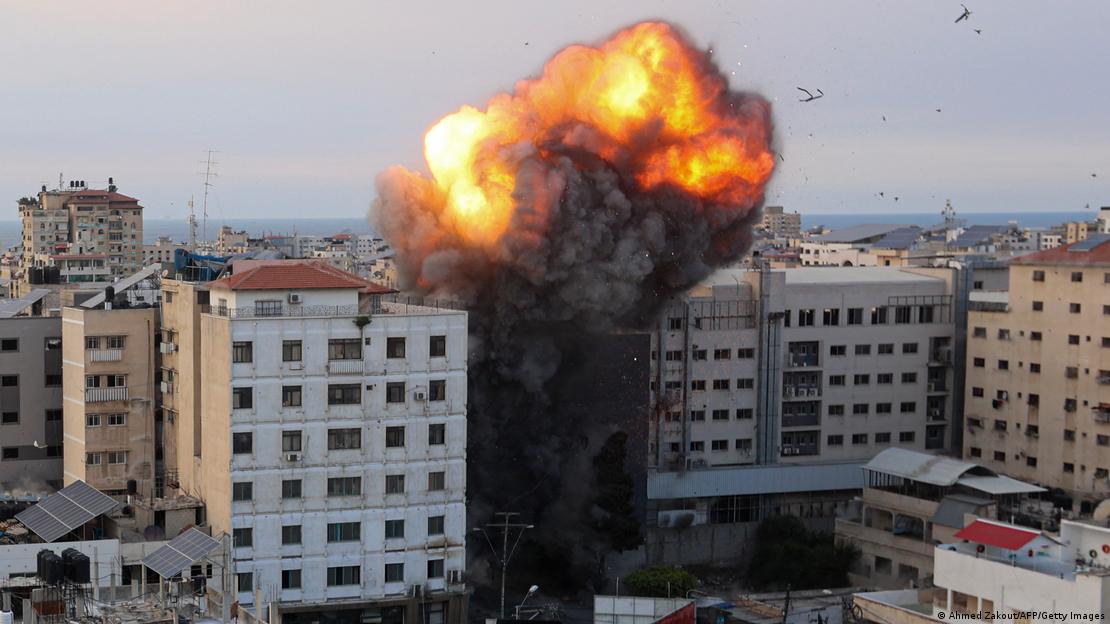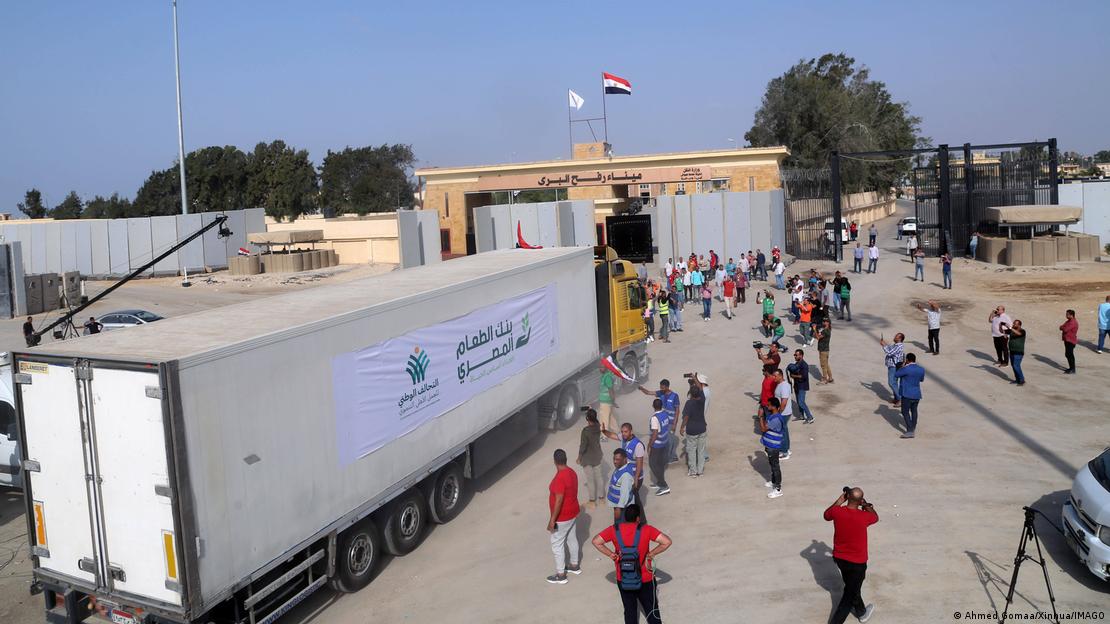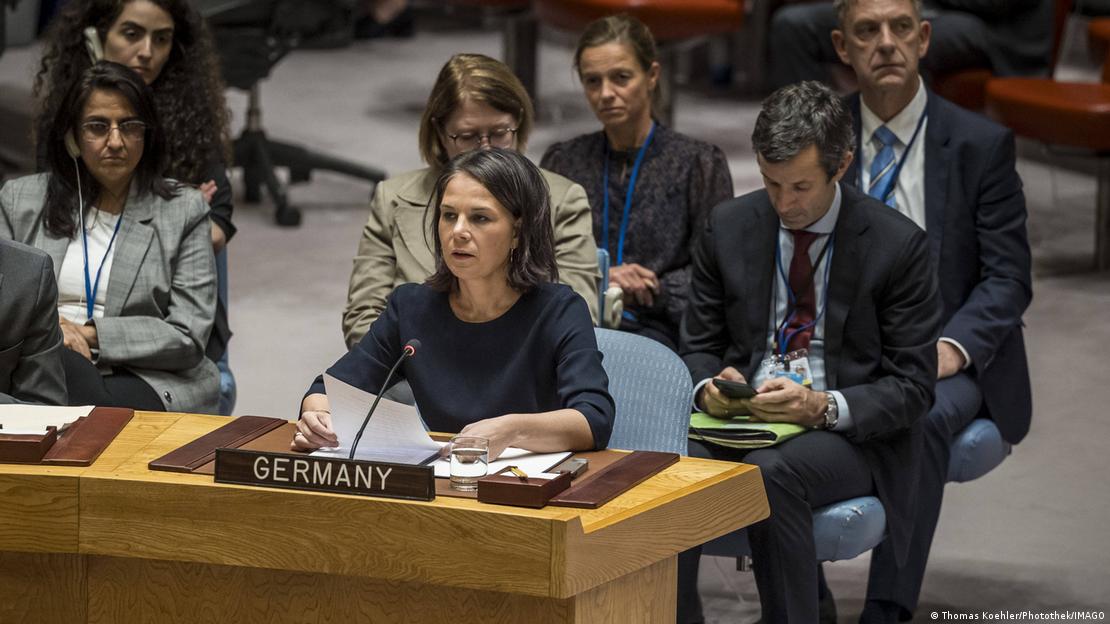What we need is undivided sympathy

The shock over the attack by Hamas sits deep. At dawn on 7 October, its fighters broke through the border defences between Israel and the Gaza Strip and murdered more than 1300 people – soldiers and civilians – including hundreds of people attending a music festival and residents of nearby towns and villages.
The victims included entire families, many women, children and even babies. The terrorists took over two hundred hostages back to the Gaza Strip. Among them are many young people who had family connections all over the world. They could be our own friends or relatives – this is what many people, including me, think and feel.
We must call it terrorism, because it spreads fear and terror, and massacring civilians is a war crime. Even people who believe Palestinians have a right to resist the ongoing oppression have to acknowledge that. The rules of international law also apply to resistance.
But those called upon to react to this terrorism also need to stick to the rules. Governments have to respond proportionately. Whether that is what the Israeli government is doing is doubtful. Less than two days after the Hamas attack, Israeli defence minister Yoav Gallant announced a complete blockade of the Gaza strip, "no electricity, no food, no water, no gas".

Collective punishment of the Gaza population
He justified this action by saying that his country was fighting against "human animals". That's dangerous language, and a total blockade amounts to the collective punishment of the Gaza population.
In the first week of the war, the Israeli army dropped more than 6000 bombs on Gaza according to its own figures, more than ever before in such a short space of time, laying waste to the central business district of Rimal, among other places. This area was home to shopping centres, ministries, and the offices of international media and aid organisations; now it looks like a moonscape.
According to Palestinian figures, since the Israeli attacks more than 5000 people had been killed as of 24 October, among them many women and children – more people than after the last major Gaza war in the summer of 2014, which after all lasted 50 days.
Then, too, there was a ground offensive, and now Israel is poised to mount another. But Israel's prime minister, Bejamin Netanyahu, is warning that this is only the beginning. His country's reaction to the Hamas attack will "echo for generations".
Israel accuses Hamas of using people as "human shields", and of hiding among the civilian population or storing weapons there. That may be right – but it doesn't release the Israeli army from its responsibility to spare civilian lives. Instead, it has now instructed around 1.1 million civilians to leave the north of the Gaza strip – an instruction that UN secretary general Antonio Guterres has described as "extremely dangerous".
Jewish people worldwide look at the pictures of whole families with children murdered by the marauding gangs of Hamas and are reminded of pogroms and of the genocide committed against them by the Germans, to which around six million Jews fell victim. Meanwhile, the bombardment and the calls by the Israeli army for them to leave their home reminds Palestinians of the horrors of the Nakba, the violent expulsion and flight of around 700,000 Palestinians in the course of the State of Israel's founding in 1947. It is hard to argue against feelings.
Anyone who believes that without Hamas, there would be peace in Gaza, is naive or doesn't know the conflict. Many Germans understandably feel sympathetic towards Jewish Israelis and their Jewish neighbours in Germany. What is less understandable is the way that a number of people here are relativising or justifying the violence against Palestinians.
And how can the German government credibly insist on international law being upheld in other conflicts, when it is now shrugging its shoulders as if the people in Gaza had somehow brought this fate upon themselves? This is a political failure. People in Israel and in the Palestinian territories deserve our undivided sympathy and our help.

More than 200 Israeli hostages are said to be in the hands of Hamas. If the Israeli army continues its bombardment and marches into Gaza, their lives will be in danger, too.
For a lasting political solution
Anyone who believes that without Hamas, there would be peace in Gaza, is naive or unfamiliar with the past 75 years of this conflict. If Hamas were to be "wiped out", as is now being suggested, another group will take their place – at least as long as there is no change in the conditions that led to such a murderous and suicidal organisation managing to establish itself in Gaza.
Israel may weaken Hamas militarily, but at a cost of thousands of civilian lives. The belief that this will get rid of the problem will prove to be an illusion, just as it so often has before. There is no military solution.
Instead of standing unreservedly behind Israel's government, the German government would do better to advocate for a ceasefire and a lasting political solution. In the face of attacks on synagogues and anti-Semitic slogans on German streets, it is only natural for German politicians to work to protect Jews in Germany and condemn these crimes.
But a word of sympathy for those Palestinians here in Germany, who fear for the people in Gaza and have at the same time come under general suspicion across the Federal Republic, would not go amiss and might help to allay their fears.
© Qantara.de 2023
Translated from the German by Ruth Martin
